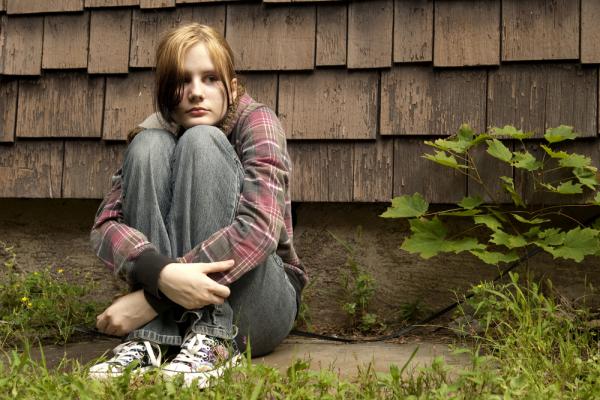Our initial vision included a basic goal of raising awareness and seeking to coordinate efforts for a unified response that would comprehensively address this form of modern-day slavery through prevention, awareness, action, and aftercare. But as our awareness efforts soon led many trafficking survivors to us, statistics and stories were replaced with personal, local faces that would need our help and in turn, would change our lives.
Interacting with trafficking survivors is a cross-cultural experience. Many of their stories are riddled with addiction, abuse, neglect, out-of-home placement, loss, rejection, and suffering. (And this does not even begin to address the culture of the commercial sex industry.) The language of “the life,” the rules of “the game”, and the many nuances of a relationship with a trafficker — whether known as daddy, boyfriend, boss, abuser, or lover — are only a few of the cultural differences for a woman coming out of the commercial sex industry.
As I sit with a woman who has secrets, stories, and experiences that are much different than my own, what can I offer? The world views her as dirty and as choosing this lifestyle. Others view her as to be pitied and a cause to be rescued. What does she need? What do we need to understand about women who have a history of prostitution or sex trafficking?
Recently I asked another woman this question. Separated from her trafficker for only two months, she had a fresh understanding.
Read the Full Article

